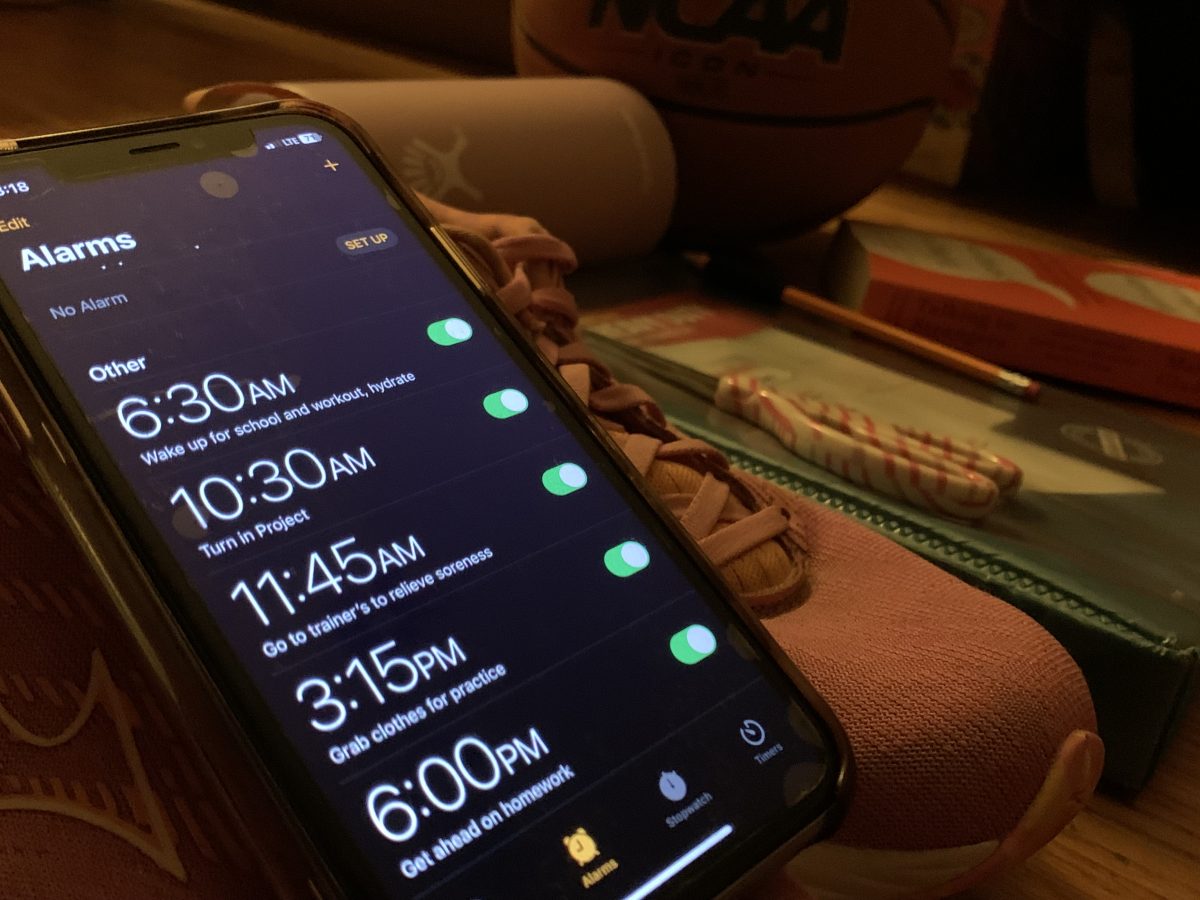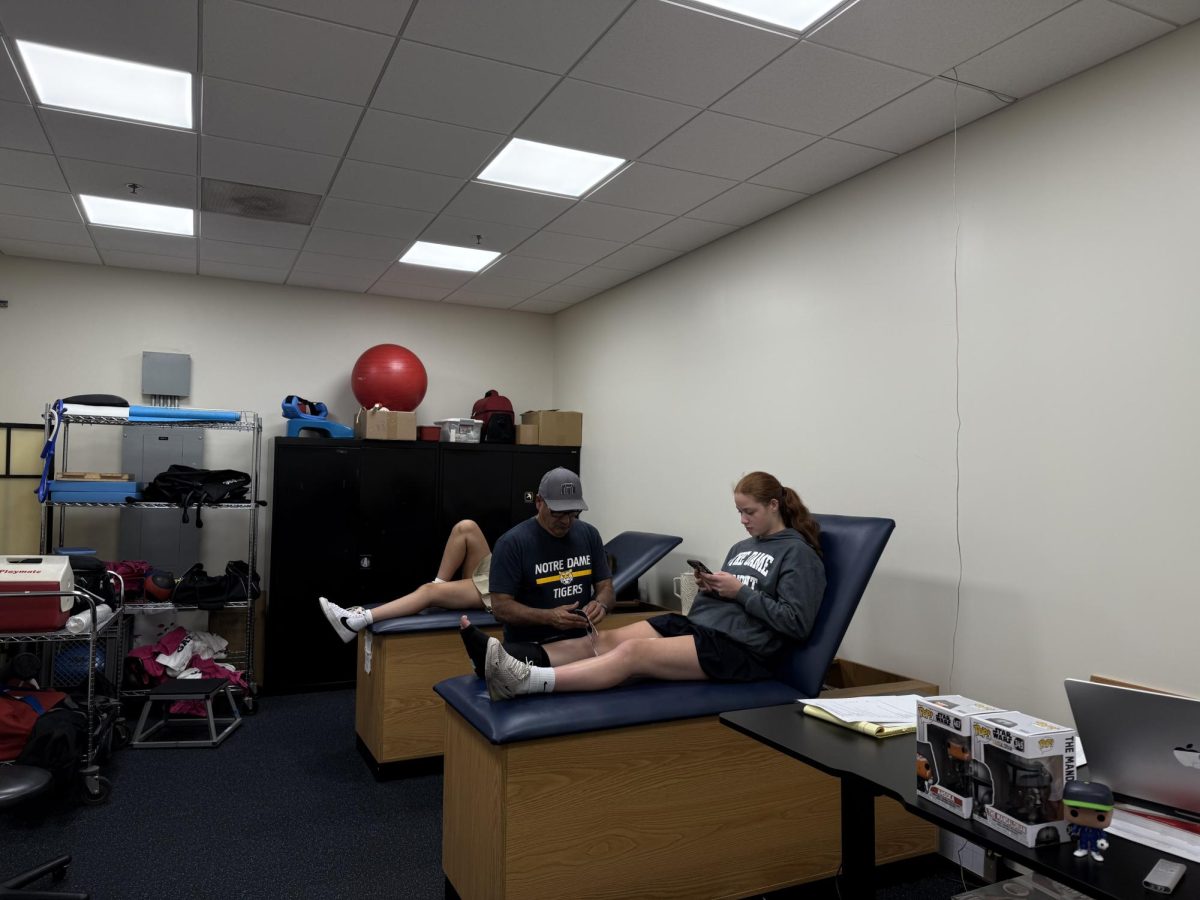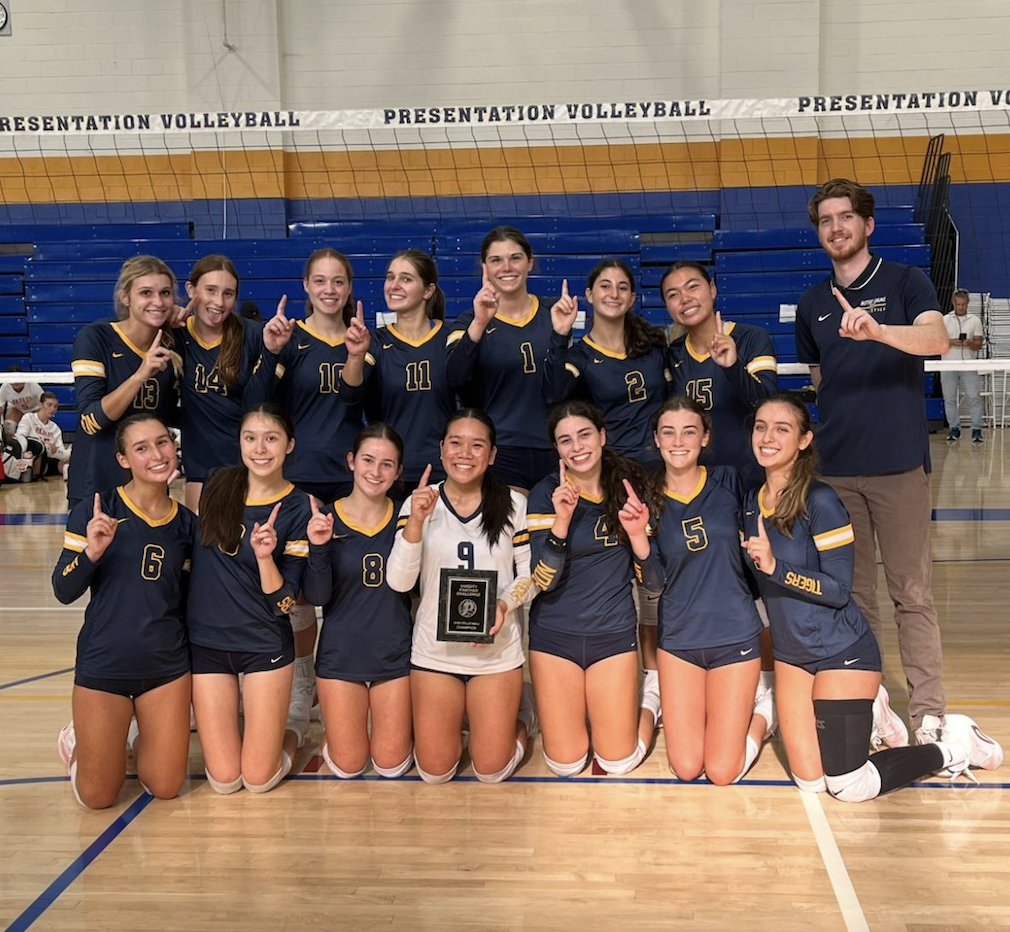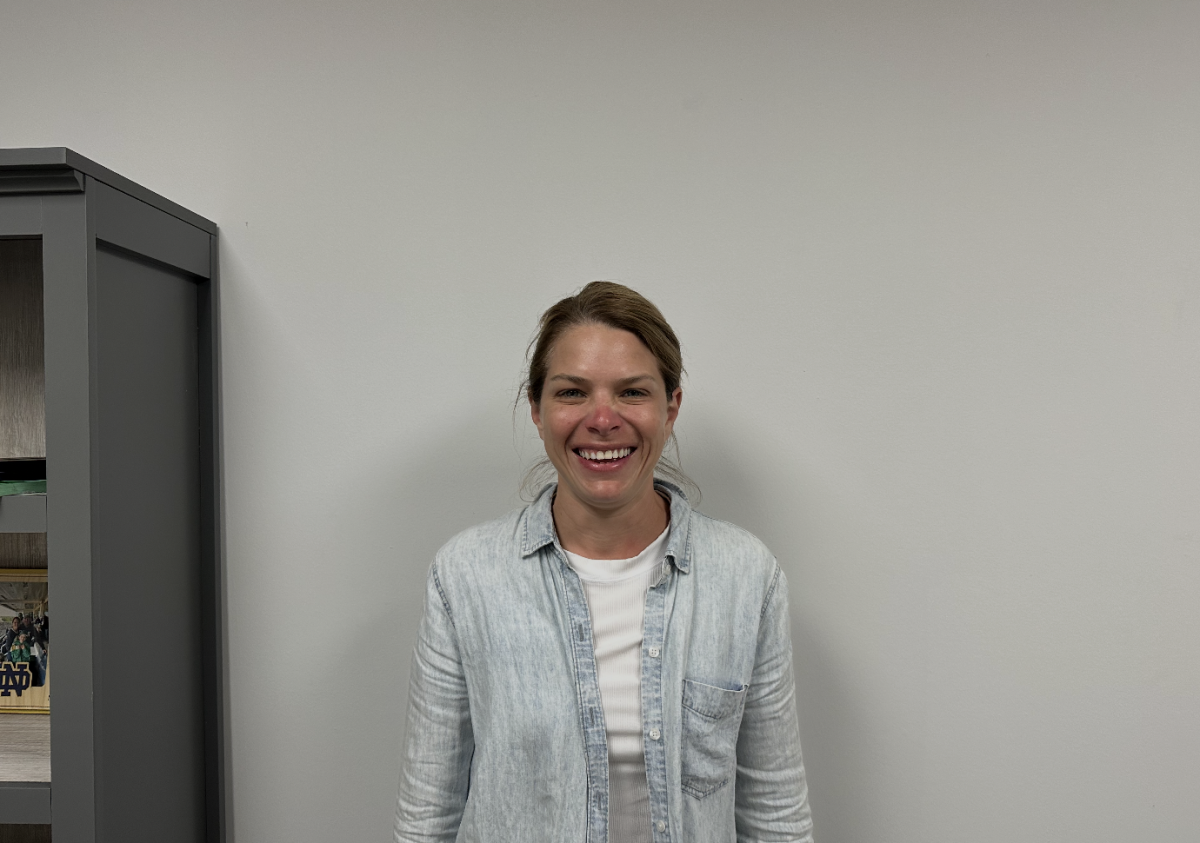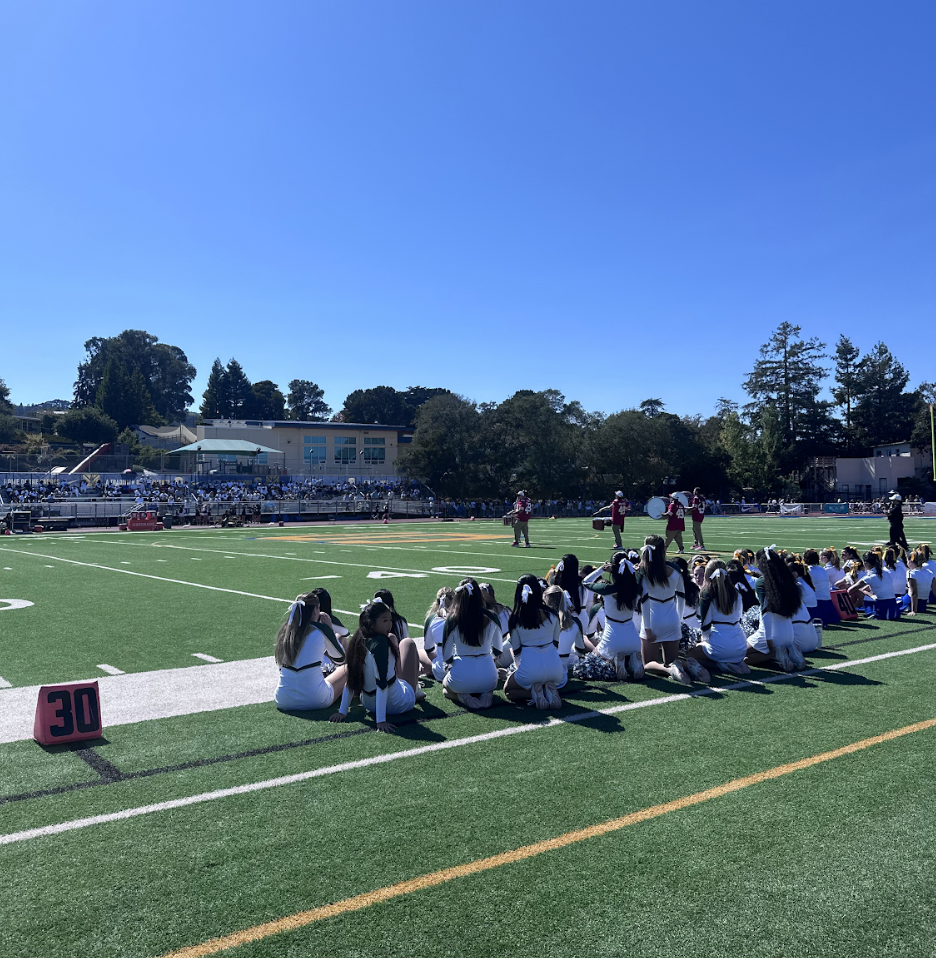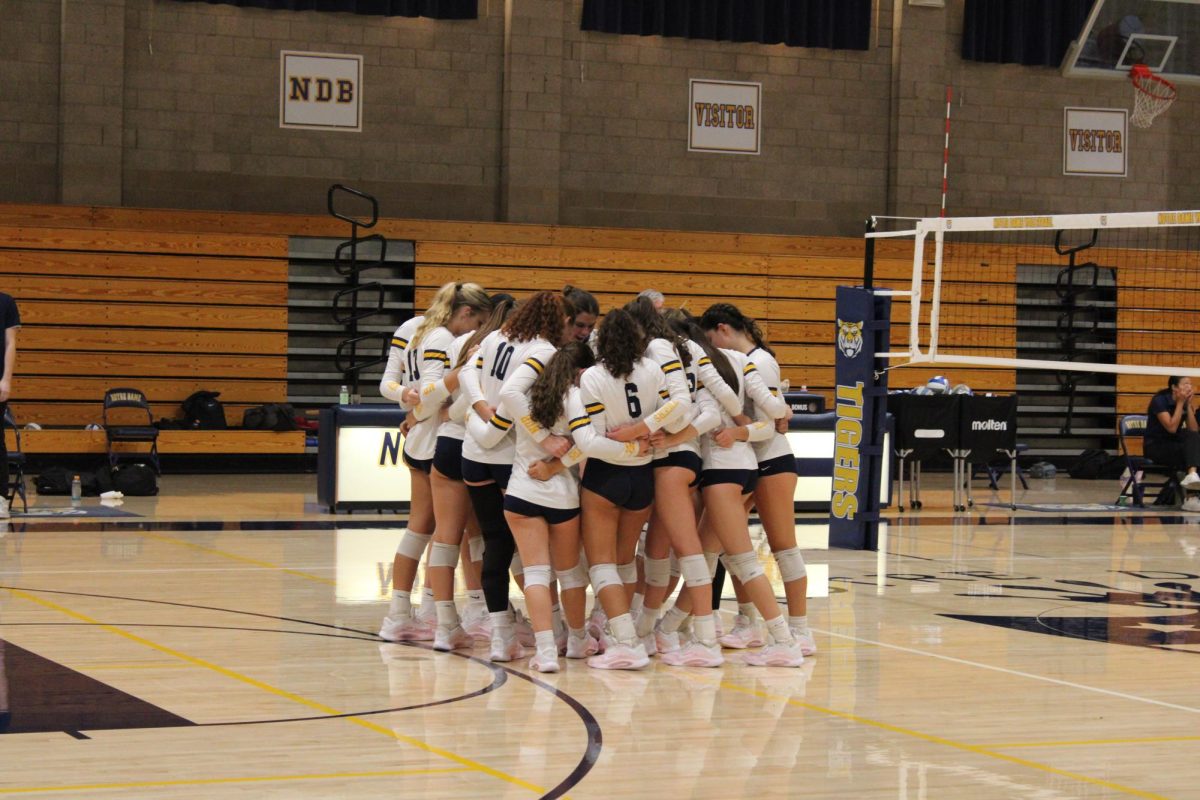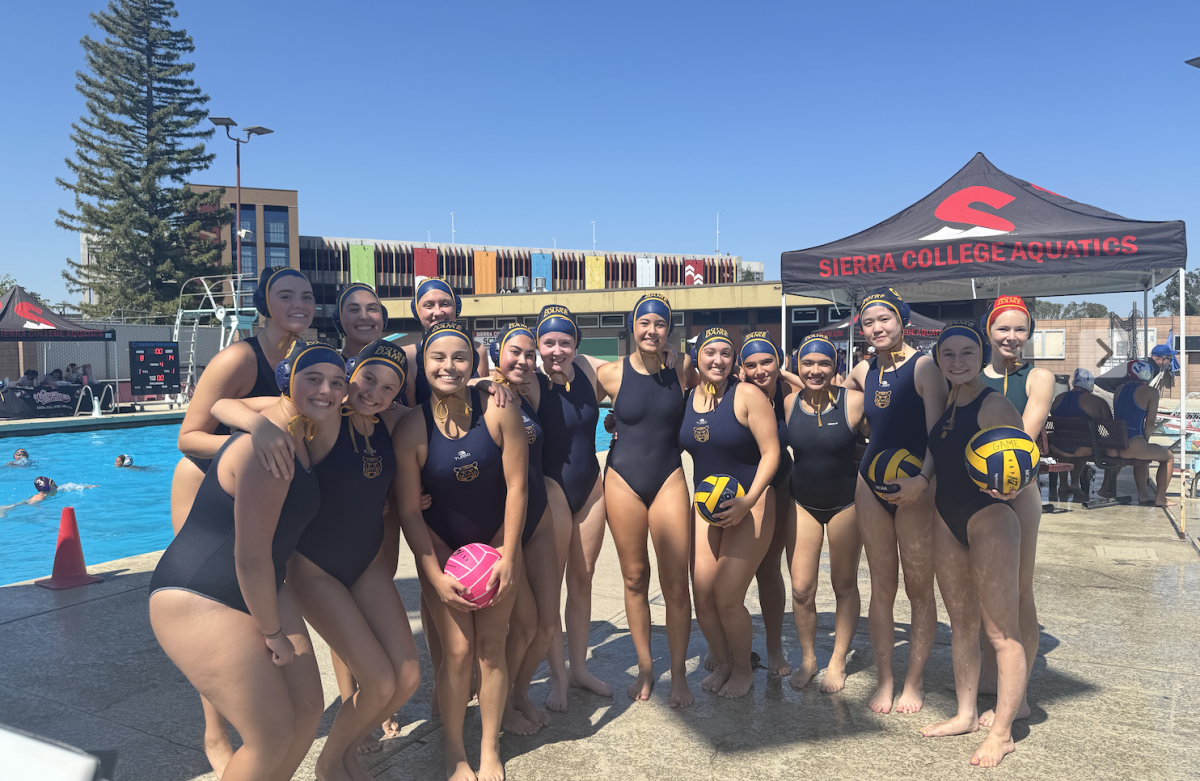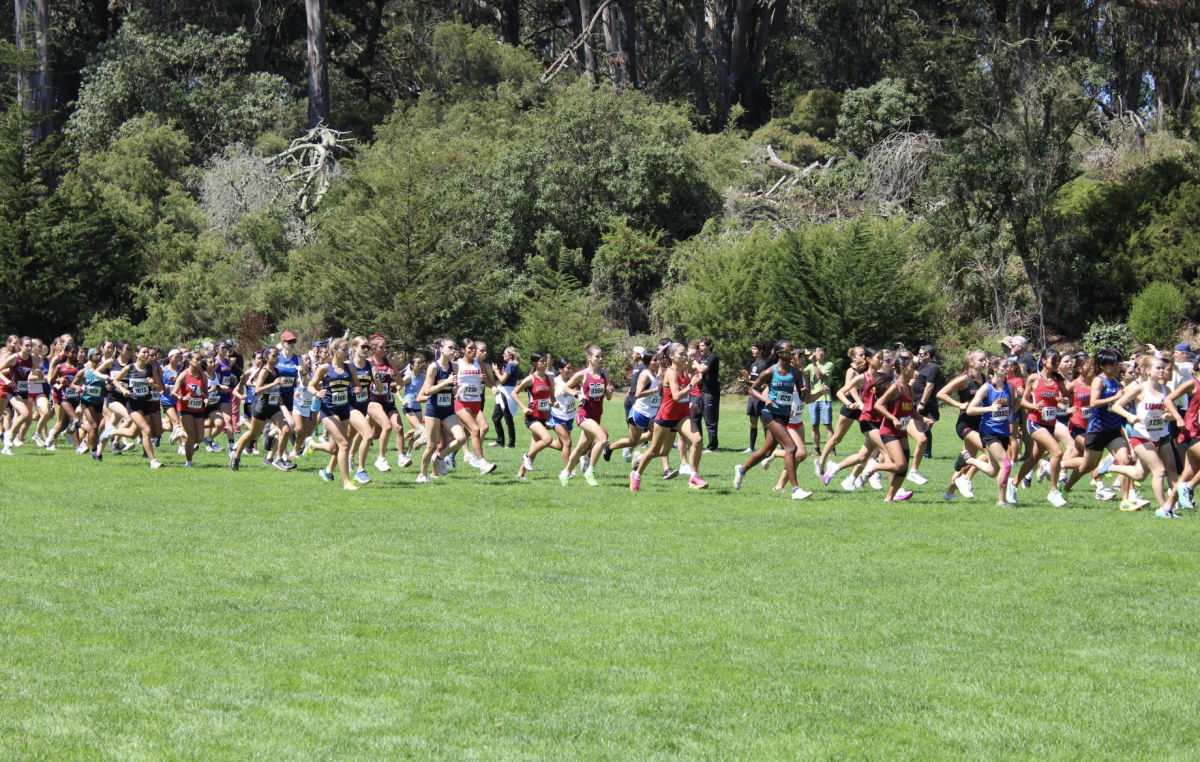October is arguably the toughest month of the high school fall season as student-athletes are training for post-season competitions and being assigned multiple hours of homework every night. For the upperclassmen, it means finishing college applications, balancing a weekend job or taking on new leadership positions in various extracurriculars. However, the real question is: are high school student-athletes getting adequate sleep to sustain a lifestyle where they can manage both their academic and athletic endeavors?
The short answer is no. Though most athletes enjoy competing and practicing with their teammates after school, it comes at the expense of extreme sleep deprivation. The problem is that high school student-athletes are not getting 9 to 10 hours of sleep, the time needed to guarantee peak performance in both the classroom and in their sports. If they were getting adequate sleep, they would feel more focused and less distracted while taking exams and increase their chances of performing at their best during practice and competitions.
The average time high schoolers spend on homework each night can vary between three to six hours, depending on the number of tests they need to study for or the number of projects due that week. Most of the time, students do not come home until after 6:00 p.m. and after dinner and homework, there is a good chance that they will be asleep past midnight and only be left with around four to six hours of sleep.
Whatever the reason may be that student-athletes are not getting enough sleep, their decisions now could lead to serious long-term health issues, such as increased risk of diabetes, heart attack, depression and anxiety. Most students substitute sleep with canned caffeinated drinks or coffee from popular chains, like Starbucks and Philz, which can trigger heart palpitations.
Shamara Carney, NDB assistant cross country coach and former track runner for the University of California, Santa Barbara, shared how sleep affected her performance both inside and outside of the classroom.
“[Sleep] definitely played a big role. I think I noticed more when it played the negative role in terms of my lack of sleep than it did the positive,” said Carney. “There were a lot of times when I was spending my nights studying and … waiting to the last minute to do assignments and trying to balance everything. Sleep would have stopped me from getting some of the injuries I did. So that shows how important recovery is for student athletes.”
Most students participate in a variety of after school and weekend extracurriculars and, because their schedules are so busy, there is simply not enough time to fully recovery from the physical and mental stress they undergo from playing sports.
The prerequisite for students looking to get recruited to an academically prestigious school is to earn high marks in multiple honors and AP level classes, all while trying to perform well at league, regional, state and national competitions. For students trying to increase their chances of earning a spot at their dream school, it seems as though their sport will just be another option to list on their college applications.
At such a young age when many are injury-prone and still deciding their future career paths, it is difficult to fully commit to a sport. But, participating and taking on leadership roles in multiple extracurriculars comes with the risk of spreading yourself too thin. However, without enough sleep, student-athletes are not in the right headspace to accomplish their academic, athletic and personal pursuits.
Varsity water polo player Francesca Arbelaez shared her experience with prioritizing certain extracurriculars and why it’s important to put oneself first.
“Balancing is definitely key. There’s a lot of things that are going on. I decided to quit my job this past semester just because I was balancing so much” said Arbelaez. “After seeing how things affect your sleep, your grades and your mental health, I think there are things you can let go. I wouldn’t put too much on your plate if it’s just for college apps because … then you’re risking your sleep and personal health.”
It is important to create a weekly schedule to work around practice and competitions because it gives student-athletes a chance to plan ahead for difficult exams and use extra time to fit in social and self-care time. Having a visual of what one’s schedule will look like can give them an idea of how much sleep they need in between different activities and gauge their energy levels throughout the week.
Although sports are such an integral part of so many students’ lives, it is crucial for student-athletes to set aside time for quality sleep, which, in turn, results in a more sustainable and healthy lifestyle.

